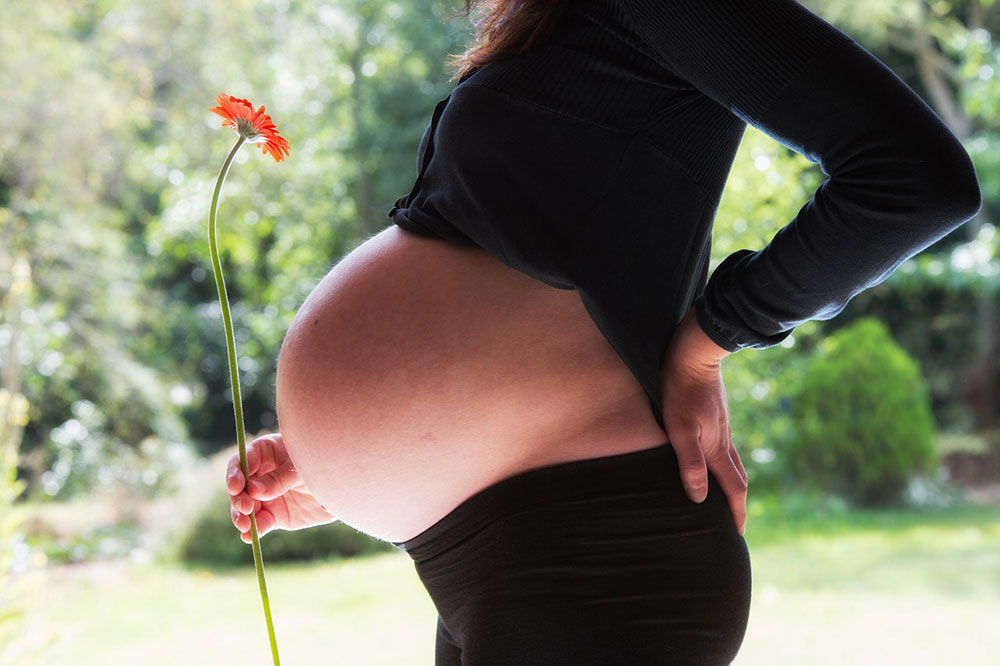Why Does Postpartum Depression Happen?
Published on April 4th, 2017
Updated on January 2nd, 2024

Many women experience postpartum depression after giving birth. A new baby is an exciting time, but one that can also cause many stressful life changes. It is not uncommon for mothers to suffer from postpartum depression. Both new and experienced mothers may feel depressed after giving birth.
Postpartum depression is a depressed mood a mother may experience after giving birth. This depressed mood can last for several weeks or months. This depends on the mother’s unique circumstances. Postpartum depression is a challenging disorder to cope with. With time and professional guidance, a mother can overcome postpartum depression. They can be a happy and healthy mother to her child.
Postpartum depression is different for each mother. Not all mothers will struggle with a depressed mood after giving birth. Mothers who do suffer from postpartum depression will have contributing factors to the disorder. Several factors contribute to postpartum depression. Such factors that contribute to postpartum depression include:
Sponsored by

Choose a therapist to work with and start healing with 20% off from BetterHelp.
Click Here- An unpleasant or traumatic pregnancy or birth experience
- Pre-existing mental health conditions, like depression, anxiety, and other mood disorders
- The mother’s experience of biological changes happening in her body
- Hormonal changes that may contribute to a depressed mood
- The temperament of the new baby
Each of these factors will significantly affect the chances of a mother experiencing postpartum depression.
The Experience of the Pregnancy
Many mothers experience great pregnancies with little to no issues. Many more face different issues and complications during their pregnancy. Common pregnancy complications include abdominal pain, hormone imbalances, and bleeding. Each of these complications can be uncomfortable and scary for an expecting mother. They each cause stress that impacts the mother’s pregnancy experience.
An expecting mother may also experience emotional or interpersonal issues during pregnancy. Any stress or emotional struggles will increase the risk of postpartum depression. relationship conflict will also increase the risk of the condition. Such issues an expecting mother may have include:
- History of a miscarriage or stillbirth
- A mother’s uncertainty about her quality of life after the birth of her child
- Having limited or inconsistent support during the pregnancy
- Uncertainty about the relationship and support received from the father after the birth
- Family or relationship issues that cause stress or conflict
- Experiencing abuse or violence during the pregnancy
- Pre-existing mental health issues, like depression or anxiety
- Financial concerns or instability
- Concerns about competency as a mother
- Concerns about the health or developmental development of the baby
The Birthing Experience
Having complications or trauma during birth can contribute to postpartum depression. Things like premature birth or an early C-section can be traumatic for a new mother. It causes a wide range of emotions, like sadness, fear, and anxiety.
These feelings can result in a depressed mood. This depressed mood can carry on through the baby’s first few months after giving birth. Often in these kinds of situations, the mother faces concerns about their ability to be a competent mother. Thoughts like ‘did I do something wrong?’ and ‘I am afraid I caused harm to my baby’ may occur.
Having a baby who is ill is a major risk factor for postpartum depression. For a mother, having a baby who has health complications is very upsetting.
Birth complications like prematurity or genetic disorders are common. They also can be devastating to a new mother. Often a mother will blame herself for the complications of the baby. The mother may be very hard on herself, even though it is often not her fault. She may internalize the problems with the baby as a reflection on her ability to be a mother. This has a high risk of causing postpartum depression.
The Temperament of the Baby
Babies are overwhelming. Especially to a new mother, it can be quite difficult to adjust to such a big (and loud) responsibility.
Mothers are at higher risk of having postpartum depression if their baby is colicky or fussy. The constant crying and stress are enough to cause a great deal of anxiety. Coupling that with a lack of sleep and exhaustion creates a high risk for postpartum depression.
This is especially problematic for single mothers who do not have the support of another adult.
Hormones
The hormonal changes that occur during pregnancy may cause postpartum depression. The hormonal changes that occur in an expecting mother can cause:
- Irritability
- Anxiety
- Depression
- Fatigue
- Unexpected mood swings
- Change in appetite
Sometimes the hormonal changes are so intense that they result in postpartum depression. This is not uncommon and is especially prevalent in new mothers.
A mother’s body will adjust with time. In most cases, the effects of hormonal changes are temporary. If hormone imbalance is the major contributing problem, the effects tend to dissipate within the first six months after giving birth.
It is important to speak with your doctor about any postpartum symptoms. They will be able to help you cope with the changes. They may also prescribe medications if deemed necessary.
Sponsored by

Find an affordable therapist online with 20% off from BetterHelp.
Click Here






Leave A Reply